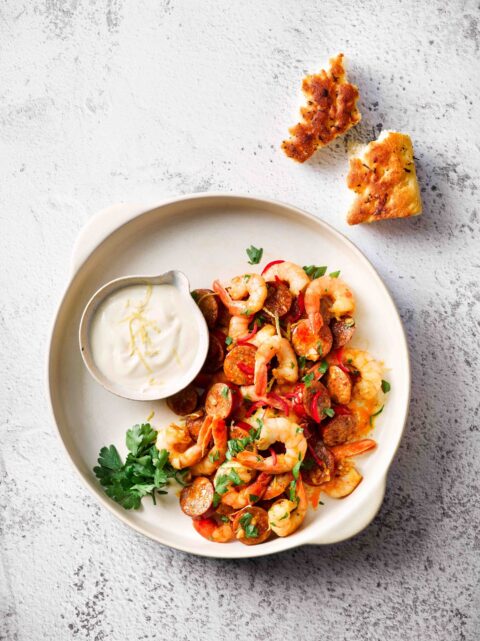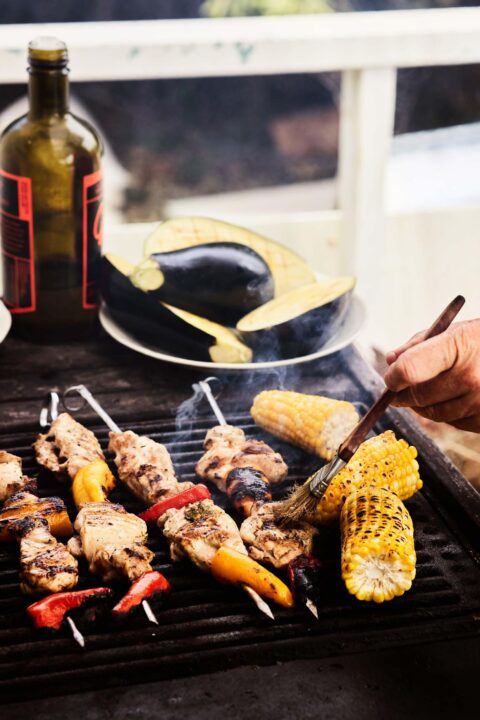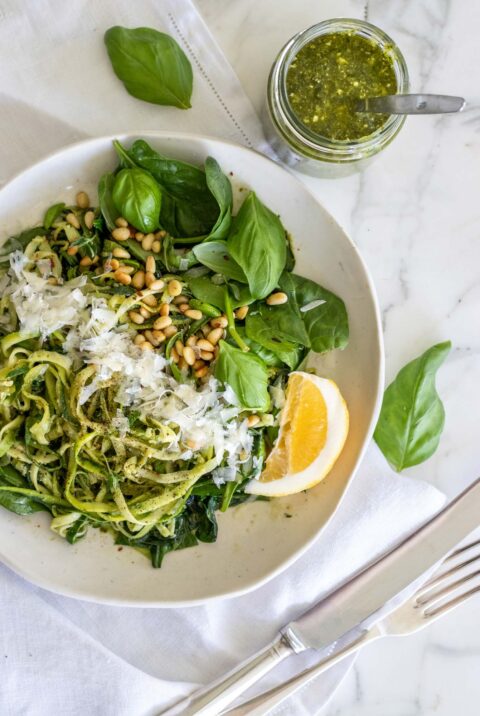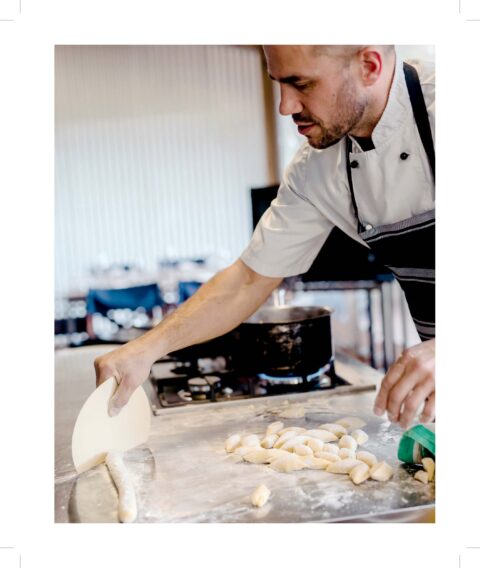Family dinner isn’t just about food, but also about family connection and improving your child’s wellbeing. Here are some simple conversation dos and don’ts.
The secret sauce of family dinner is not the food – it’s the connection parents and kids make with each other. When researchers from the University of Minnesota and Cornell University took a closer look at the data on family dinners, they questioned whether regular family meals lead to better-adjusted kids or if better-adjusted families are simply more likely to have family dinner.
“Is it just that families that can pull off a regular dinner also tend to have other things (perhaps more money or more time) that themselves improve child wellbeing?” the researchers asked.
The Minnesota/Cornell study found that even under more stringent review, many of the reported benefits of family dinner for adolescent wellbeing held up, but they also found that other factors related to family connectedness, like activities with a parent (movie-going, helping with school work), parental monitoring (curfews, outfit approval) and resources (income level, having two parents in the household) also influenced the findings. And the researchers noted that modern parents get two main opportunities to connect with their kids on a daily basis – at the family table and in the car.
“Family meals offer a natural opportunity for parental influence,” noted the researchers. “There are few other contexts in family life that provide a regular window of focused time together.”
This is good news for parents who feel as if they can’t quite pull off the perfect family meal every time, because what really seems to matter is just being there to talk, listen and see your kids, even if the meal is just a quick sandwich or a store-prepared chicken.
Conversation dos and don’ts
Family meals should be fun, interesting and free of conflict.
Don’t talk about
- Bad grades or school problems Kids never feel good when they struggle in school. Don’t bring up that bad mark in a maths test at the table. It will ruin dinner for your child and make them dread joining the family. Save these hard talks for a walk after dinner or one-on-one trip to get ice cream.
- Chores Kids feel berated when parents keep reminding them of chores. Of course you should remind your child of his or her family responsibilities, just don’t do it at the dinner table.
- Politics Whether you broach the topic of politics depends on your family. If politics makes your blood boil or if you have two family members on opposite ends of the political spectrum, it’s best to stay away from the topic as dinner conversation.
- What everyone is eating It’s never helpful to comment about the food one of your kids is eating or not eating. Too much commentary about food choices can put children at risk for eating disorders or reinforce picky eating habits.
Do talk about
- How you can help Ask your kids if they need any help with homework or school projects. Do they have any school plays or fun school events coming up that you should attend? Did they do anything fun at school today? Did they have any setbacks or struggles? It’s okay to talk about challenges at school, but only if your child brings it up first and wants to talk.
- Weekend and holiday plans Topics like holiday plans, weekend outings and dream vacations (past and future) are terrific topics for a fun family dinner. Go one step further and add drink umbrellas, crazy straws and fun decorations to the table to enhance the festive mood.
- Current events The family table is a great place for serious topics about the world around us. Try to stay away from angry opinions, and ask your children if they know about a topic in the news and how it makes them feel.
- What everyone wants to eat The dinner table is a great place to talk about foods you love, foods that make you squeamish, or the best (or worst) meal you’ve ever had. Engaging your family in the week’s food planning is a fun topic that will pay dividends later in the week.
Let’s talk about
Harvard’s Family Dinner Project offers conversation starters for every age. You’ll find new ideas posted every day at thefamilydinnerproject.org.
Ages 2-7
- If you joined the circus, what would your circus act be?
- If you were a teacher and could teach your students anything at all, what would you teach them?
- If you were free to do anything you wanted all day, what would you do?
- In the book Green Eggs and Ham, Sam-I-Am refuses to try green eggs and ham. Then he does and he likes them. Has something similar ever happened to you?
- If you had superpowers, what would they be and how would you use them to help people?
Ages 8 – 13
- Question game. Which do you like more: Dogs or cats? Sneakers or sandals? Chocolate or vanilla? Earth or space? Summer or winter? Zoo or aquarium? Beach or mountains?
- What was your favourite book or movie from last year? What did you like about it?
- If you were principal of your school, would you change anything? What?
- If you could change one thing about your family or about school, what would it be?
- Create a brand new holiday along with new traditions for the world. Describe the what, when, why and how.
Ages 14 – 100
- What is your most unusual talent? Demonstrate it!
- Twenty questions. One family member (the leader of the round) thinks of a person known by everyone at the table. Then, others ask the leader metaphorical questions to try to guess the person. For example: “If the person were a vegetable, what vegetable would she be?” “If he or she were a fruit/animal/colour, which one would she be?” The idea is to stick to figurative rather than literal thinking. Whoever guesses the person first gets to be the leader of the next round.
- The poet Maya Angelou once said, “If you don’t like something, change it. If you can’t change it, change your attitude.” What do you think she meant by this? Have you ever had to do this?
- What is one thing you can do for yourself in the next week that would help you take care of yourself?
- Can you tell me one thing that you learned today that you think I might not know?
- If you had one week, a car full of gas, a cooler full of food and your two best friends, where would you go and what would you do?
Google it
Being glued to devices can stop families connecting, but sometimes diners need to invite an expert to dinner to resolve debates and enlighten them with meaningless trivia. What do sloths eat for dinner? Who’s the oldest person in the world? Does asparagus really make your pee smell funny? Can you rent an igloo for a holiday? Keep the phones in the middle of the table and take turns looking up info when a little Google is needed to spice up your meal.
Tara Parker-Pope is the founding editor of Well, an award- winning consumer health site with news and features to help readers live well every day. Distributed by The New York Times Syndicate.








